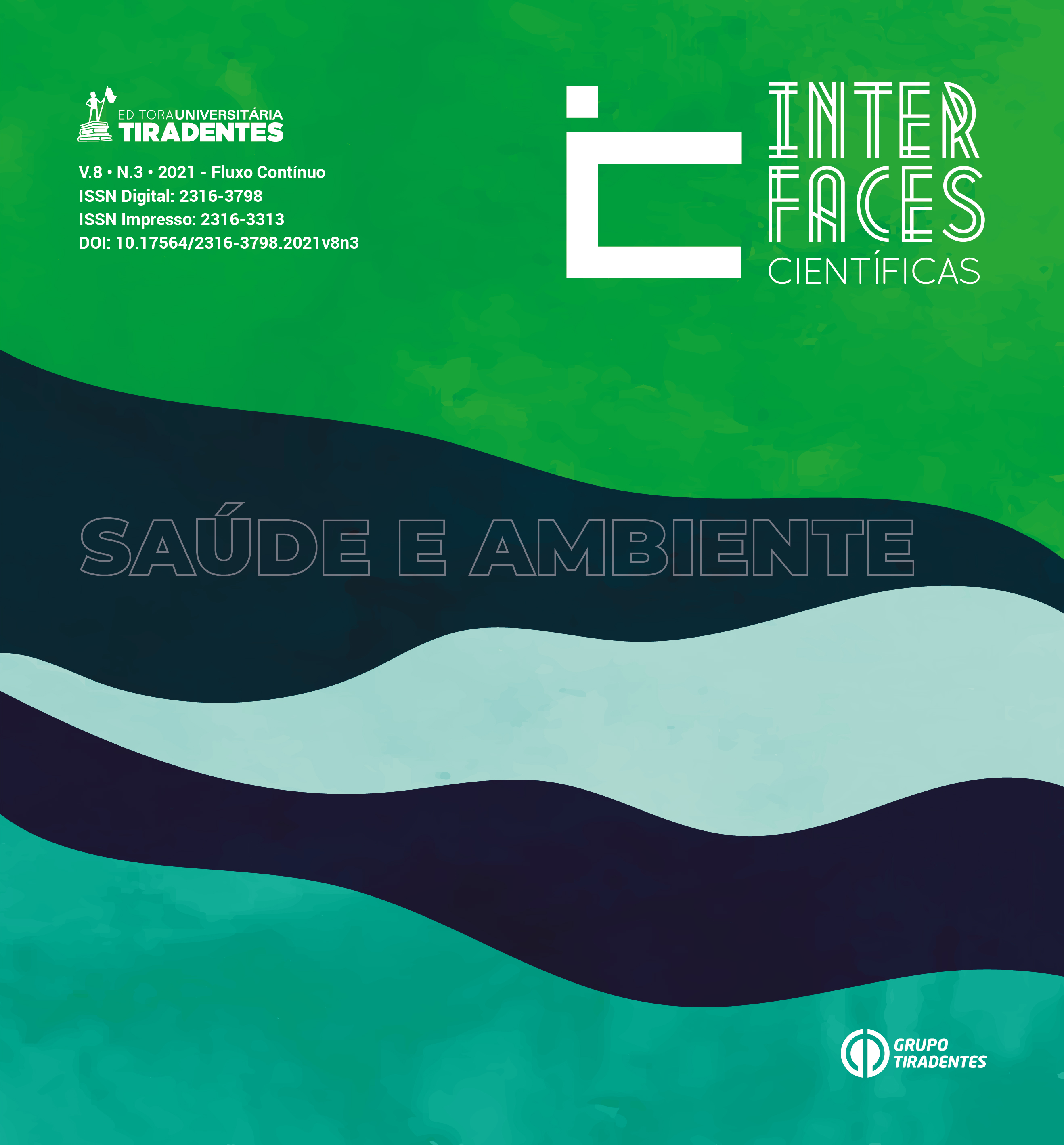REFLECTIONS ABOUT THE BIOPSYCHOSOCIAL IMPACTS OF OIL SPILLS ON THE BRAZILIAN COAST
DOI:
https://doi.org/10.17564/2316-3798.2021v8n3p444-457Published
Downloads
Downloads
Issue
Section
License
Autores que publicam nesta revista concordam com os seguintes termos:
a. Autores mantêm os direitos autorais e concedem à revista o direito de primeira publicação, com o trabalho simultaneamente licenciado sob a Licença Creative Commons Attribution que permite o compartilhamento do trabalho com reconhecimento da autoria e publicação inicial nesta revista.
b. Autores têm permissão e são estimulados a distribuir seu trabalho on-line (ex.: em repositórios institucionais ou na sua página pessoal), já que isso pode gerar aumento o impacto e a citação do trabalho publicado (Veja O Efeito do Acesso Livre).
Abstract
The debate about disasters and emergency situations has gained prominence in recent years, as these are events with high potential to trigger a series of physical, psychological and social consequences. The objective was to discuss the biopsychosocial aspects related to the oil spill in 2019 on the Brazilian coast. This is a bibliographical study, carried out through secondary data, already collected and analysed. Government data was used; non-governmental organizations; and scientific studies published in peer-reviewed journals, dated August 2019, beginning of the visualization of oil on the Brazilian coast, until November 2020, period of completion of this. As discussed results, it started through the history of the fact and its socio-environmental consequences, damage to fauna and flora, as well as to the lives of those who depend on activities at sea, such as fishermen, consumers and volunteers. Weaknesses in Brazilian environmental policies were discussed and evidenced, especially with regard to the National Contingency Plan, due to the delay in its activation. It was also evidenced the contribution of Psychology in the biopsychosocial dimensions, in the subjectivities and idiosyncrasies of human beings in face of resilience, mourning, the notion of belonging/link to place and social vulnerabilities. Conclusively, it was reflected on the gap of broad governmental actions, which can help to repair damage, in the human sphere, with actions focused on the biopsychosocial dimension, or aimed at the recovery of affected ecosystems.




















